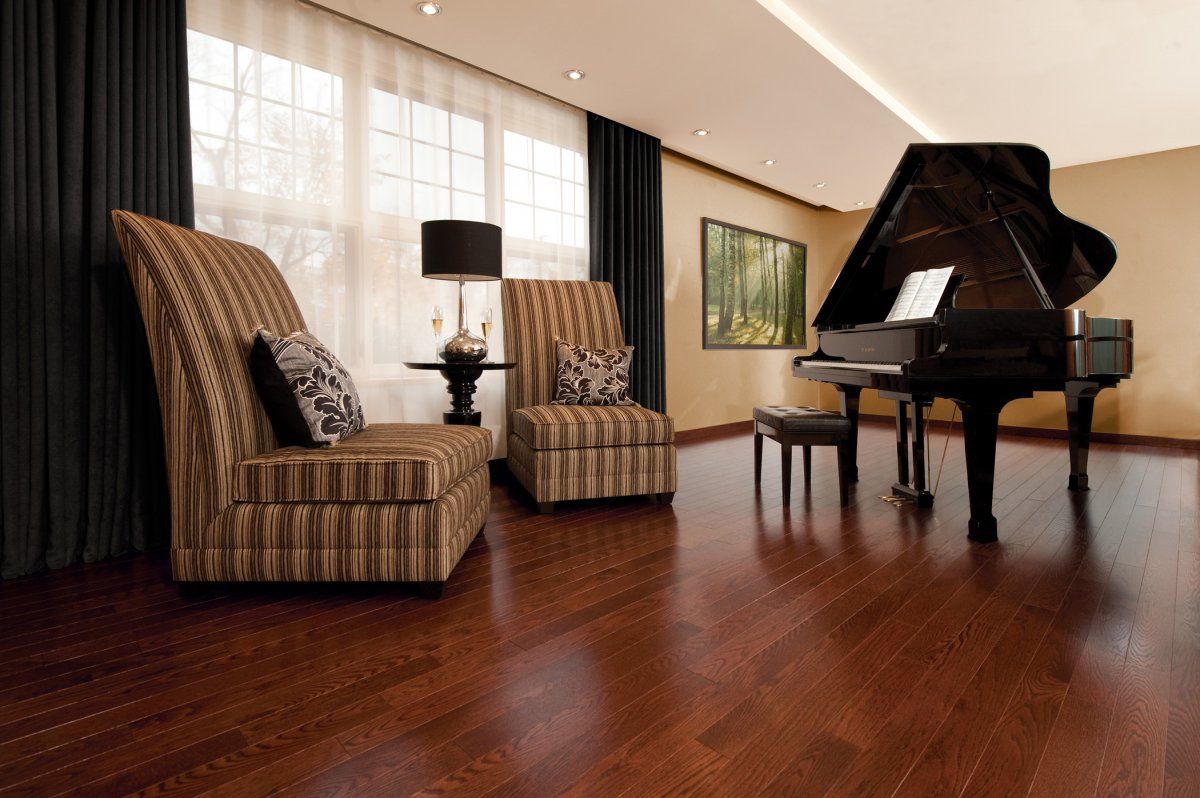If you are considering using wood flooring for your home, it is important that you consider the advantages and disadvantages of engineered wood floors. It is a more affordable option than solid hardwood, but it is more susceptible to scratches and dents. The material is also less prone to moisture and chemicals, making it a more environmentally friendly choice. It also achieves maximum dimensional stability.
It achieves maximum dimensional stability
Engineered wood flooring Malaysia is not your grandmother’s hardwood. It offers some of the same durability and character as its solid counterpart but in a more manageable size. It’s easy to install and clean and comes in a wide variety of styles and finishes. Moreover, engineered wood is often LEED certified, making it an environmentally friendly option for your home or business.
While it’s not necessarily the most durable product in the world, engineered hardwood can prove to be a viable alternative for areas where moisture is a major concern. It’s also easier to maintain than its solid counterpart. In addition, it provides an excellent insulator, which is especially beneficial for kitchens and bathrooms.
Despite the many features and benefits of engineered wood flooring, some people are still unsure about the product’s actual performance. To be on the safe side, they might want to choose a well-reviewed manufacturer or take the risk and do their homework themselves.
It is more affordable than solid hardwood
Engineered wood is a solid alternative to tile, carpet, and other flooring materials. Its construction is designed to minimize expansion and contraction due to temperature and moisture. In general, it is cheaper than solid wood and easier to install. However, there are a few drawbacks.
One drawback is that it is more susceptible to scratches and dents. The factory finish can help to minimize this. If you do see a scratch, you can use a wax repair kit to bring it back to its original surface.
Another drawback is that it is not as strong as solid wood. This is because the layers are glued together. The core is usually made from plywood. The top and bottom layers are hardwood. The thickness of the wood can vary. You can buy a thicker wear layer to increase the strength of your engineered floor.
It is less vulnerable to moisture and chemicals than solid hardwood
When it comes to choosing flooring for your home, you have a few choices. Solid hardwood, engineered wood, or engineered hardwood with a wood veneer. Each offers its own pros and cons.
If you’re in the market for a new floor, you may have some questions about the differences between the two. Luckily, the Internet is full of useful information. Here are the basics:
The solid hardwood is made of planks of real, untreated wood. Typically, these planks are nailed to the subfloor. Then, they are coated with a protective layer. This protects the floor from scratches and stains. It also distributes sound more evenly around the room.
The engineered wood has a thin veneer of traditional wood on top of a core made of plywood. The multi-layer construction makes the floor more stable. The result is a durable flooring that is resistant to moisture and chemical damage.
It is more susceptible to scratches and dents
Engineered wood flooring is an option for anyone looking for a more durable, low maintenance and cost effective solution for their floor. However, it can also come with some pitfalls. It is not always as scratch-resistant as it may seem.
In general, all types of wood will show scratches and dents over time. If you want to avoid these, you can install carpet or use felt pads on furniture to protect the wood.
Although engineered wood is not scratch-proof, it is relatively more scratch-resistant than other kinds of floors. It will still show small scratches and dents, but it will not have the same effect as solid hardwood.
Depending on the manufacturer, engineered wood will be able to be refinished a few times. But only a handful of times is recommended. If it is refinished heavily, it could damage the laminate wood underneath.
It is an eco-friendly option
If you want to buy a floor that has a positive impact on the environment, consider engineered wood flooring. This type of flooring can be installed on top of existing floors and can last for decades.
There are several advantages to choosing engineered wood, including its durability and the low amount of waste it creates. It also has a better carbon footprint.
The manufacturing process for engineered wood reduces the use of fossil fuels. It uses less sawdust and other pollutants. It is also easier to install. It has a beautiful, realistic finish.
It is more durable than solid hardwood and is more moisture resistant. It is a good choice for moisture-prone areas. It can be installed as a floating system for easier installation.








